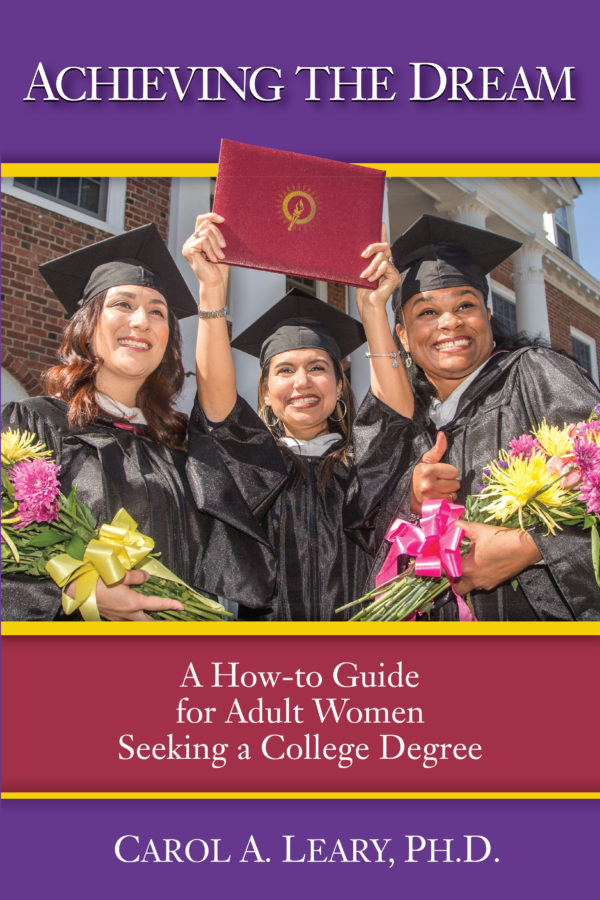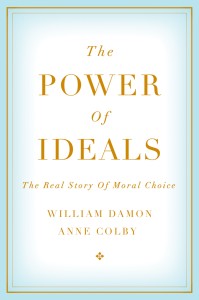 In recent years, there has been a notable increase in the number of parents choosing to teach their children at home rather than sending them to school. Many parents find that public schools cannot offer their children the individualized support they need, and private schools can be an intense expense.
In recent years, there has been a notable increase in the number of parents choosing to teach their children at home rather than sending them to school. Many parents find that public schools cannot offer their children the individualized support they need, and private schools can be an intense expense.
In The Genius of Home (Bell Pond Books, November 2021, 978-1952166099, original trade paperback), Dr. Catherine Read describes her experiences following her decision to school her children at home and to follow the curriculum used in Steiner-Waldorf schools. Read is a pioneer of this method, among the first ever to document her journey and her success. To some, using the Waldorf curriculum at home may be a contradiction, but The Genius of Home provides both an informative base for why this method works, as well as instructional guides for those considering homeschooling.
Catherine Read shares her journey as the primary teacher of her two daughters through the entire Waldorf curriculum – from early childhood through high school. She outlines what she did, when she did it and why. In this inspiring account, Read reveals the flexible, artistic, challenging and ultimately rewarding nature of this unique approach to education. There are many approaches to homeschooling, but Read and her children found their success through the guidance and insight of Rudolph Steiner using the Waldorf method. Both of Read’s daughters have gone on to pursue higher education, with one graduating in veterinary medicine at Cornell and the other receiving her Master’s in Art Therapy at Long Island University. With Read’s book as a guide, parents can help prepare their children for further education in a thoughtful, balanced way. She emphasizes a balance between observation and critical thought, sleep schedules and biological rhythms, and between intellectual work and time in nature.
“To educate means to draw forth (Latin, educare: to lead, to bring up); the teacher must draw forth, but, also, must meet the new individual at their own level. But what does the teacher draw forth from the child?”
The Genius of Home, by Catherine Read, includes detailed instructions on classroom materials and setup, sample lesson plans, curriculum adaptations, and day-by-day examples of how the author adopted the Steiner-Waldorf curriculum into her home. Explore how rhythm, creativity, and nature come together to give a comprehensive education from kindergarten to high school graduation. Part memoir and part how-to, the account from Read’s years as both a parent and teacher will be an encouraging and instructional companion to anyone thinking of engaging in their own school-at-home.



 “Purpose is a way for individuals to link their present and their future. First, purpose helps them envision their future in a particular way—how their contributions matter in the bigger picture of society. Second, purpose keeps that future vision in mind when individuals make decisions in their daily lives.” —Dr. Seana Moran, Clark University
“Purpose is a way for individuals to link their present and their future. First, purpose helps them envision their future in a particular way—how their contributions matter in the bigger picture of society. Second, purpose keeps that future vision in mind when individuals make decisions in their daily lives.” —Dr. Seana Moran, Clark University FOR IMMEDIATE RELEASE:
FOR IMMEDIATE RELEASE: Case Summary: Stanford Professor publishing via Oxford University Press.
Case Summary: Stanford Professor publishing via Oxford University Press.